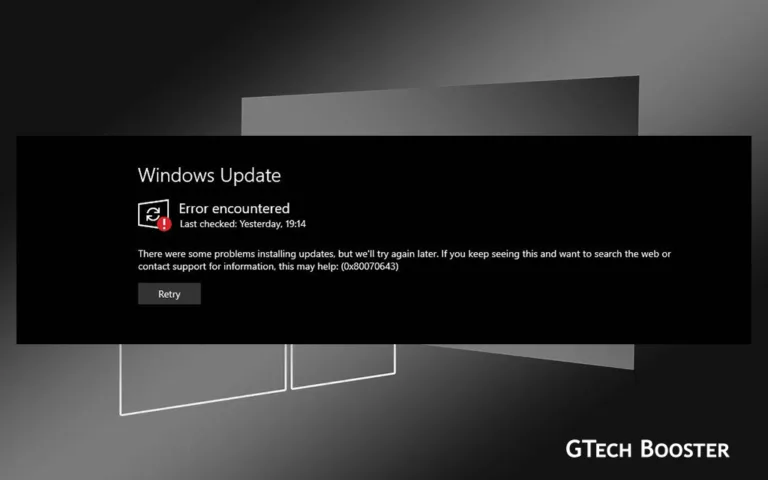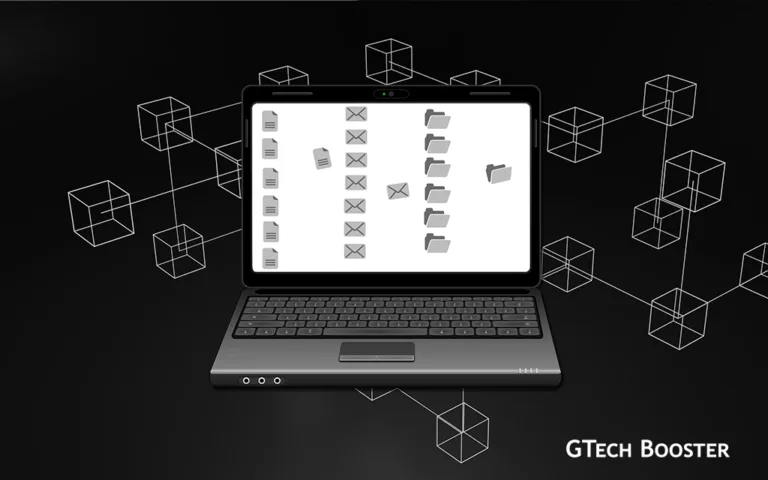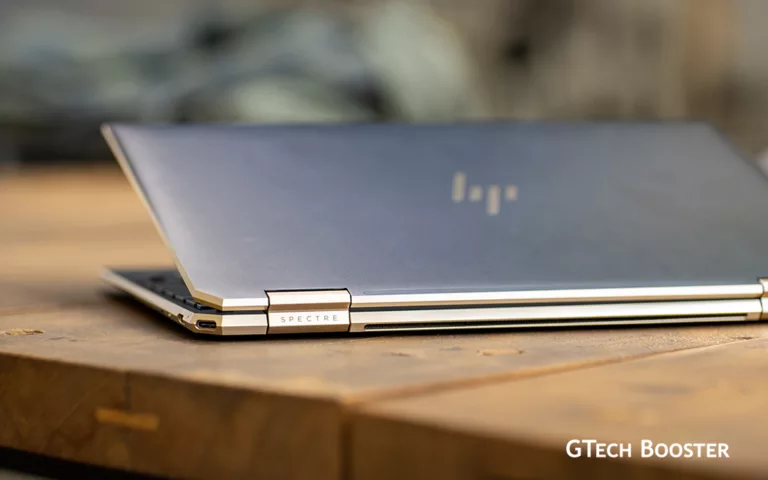Here is what you should know about 32-bit and 64-bit computers

In the world of computing, the terms 32-bit and 64-bit are used to describe the way a computer’s processor (also called a CPU) handles information . A 32-bit computer is capable of handling data in chunks of 32 bits at a time, while a 64-bit computer can handle data in chunks of 64 bits at a time.
When deciding between a 32-bit and 64-bit system, it’s important to consider the amount of memory that the system will need to handle. For tasks that require a lot of memory, such as video editing or running virtual machines, a 64-bit system is more appropriate. However, for simple tasks like browsing the web or checking email, a 32-bit system is generally sufficient.
32-bit Usefulness to a User
A 32-bit computer is a computer that is normally averaged. Its main purpose of build is to cut down cost as swift as possible and not degrade too much necessary quality. Because of this it comes built with limitations to the geek; due to its intention of build being to lower cost of product for the end user. On the other hand 64-bit computers are computer built with great power and accuracy for the developers. Its purpose of build is to create content, manage content, give out quality WYSIWYG end products or software(s) for the end user to run.
This type of computers are usually intended for the computer User whose task is to perform normal work like open word processing software, checking emails, instant messaging, watching videos or movies and numerous other end user stuffs you all are doing or used to do. A 32-bit processor can handle data in 32-bit chunks and has a maximum memory capacity of 4GB.
64-bit Usefulness to a User
The 64-bit version of computers handles large amounts of random access memory (RAM) more effectively than a 32-bit system. Its components are built not compromising on quality and efficiency of hardware. A 64-bit processor can handle data in 64-bit chunks and has a maximum memory capacity that is much larger, up to several terabytes of RAM.
This type of computers are normally built for geeks and heavy task doers; developers, mathematicians, statistics agencies, governments, graphics designers etc. If your project or job is to do with fast processing, high definition graphics, 3d dynamics and other intensive processes, then you should be looking for a 64-bit or x64 computer and not a 32-bit or x86 computer.
For tasks that require a lot of computational power and use large amounts of RAM, like video editing or running virtual machines, a 64-bit processor can be a huge advantage. It allows for faster data processing and the ability to handle more data at one time, improving overall performance.
The advantage
For regular day-to-day use, you may not notice a huge difference between a 32-bit and 64-bit processor. However, if you plan to run more intensive software or work with large datasets, a 64-bit processor may be worth considering.
Always install a 32-bit program on a 32-bit machine and a 64-bit program on a 64-bit machine. It is worth knowing also, that a 64-bit devices is capable of running a 32-bit OS or program but the opposite is not true.
Common indicators for identify a computer
Some hardware determinants for guessing the type of computer are;
- 32 bit computers mostly have less than 2 gb of ram with maximum of 4 gb of ram.
- 32-bit computers are always lowest priced.
- x86 machines are usually of less quality parts.
- 64 bit machine always have not less than 2gb of ram.
- 64-bit machines always comes with great graphics cards.
- x64 machines processors are very powerful and efficient.
When purchasing a computer, it’s important to check whether it has a 32-bit or 64-bit processor, depending on your intended use. You can usually find this information in the system properties or specifications of the computer. Ultimately, the decision to go with a 32-bit or 64-bit processor will depend on your specific needs and requirements. It is important to do your research and choose the processor that best fit your situation.

















